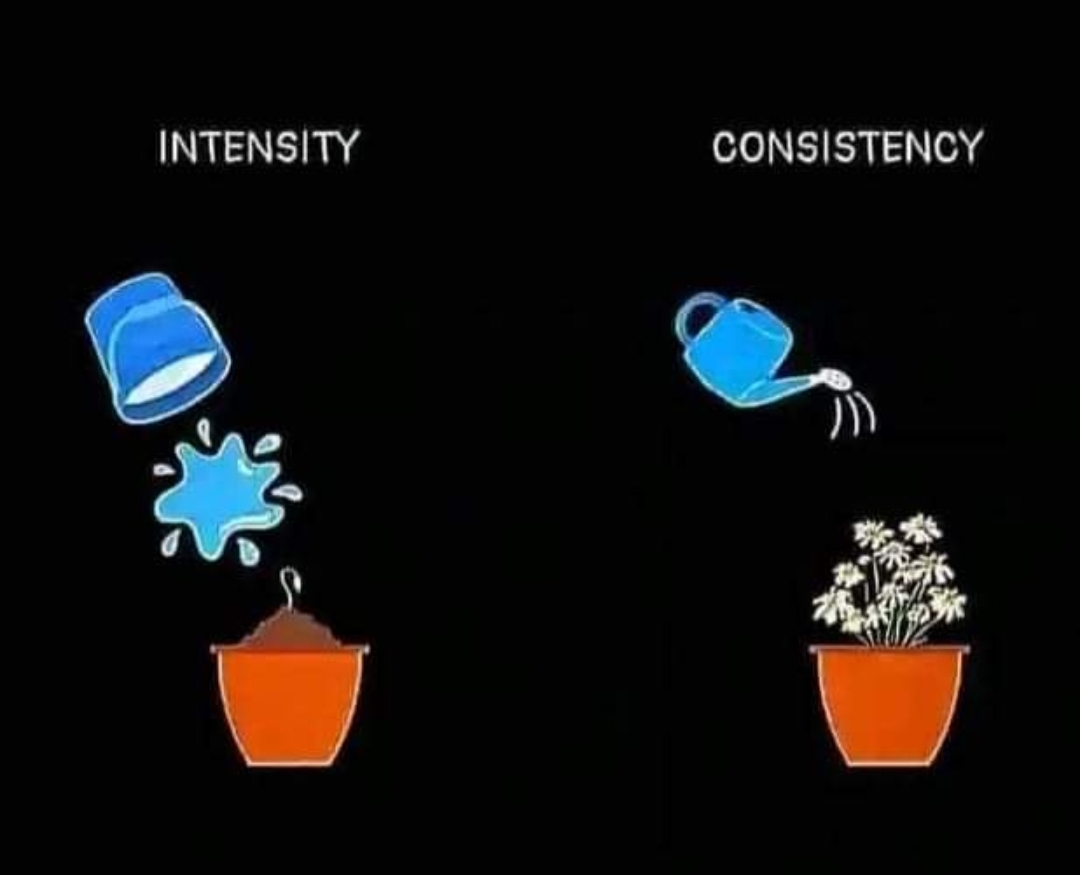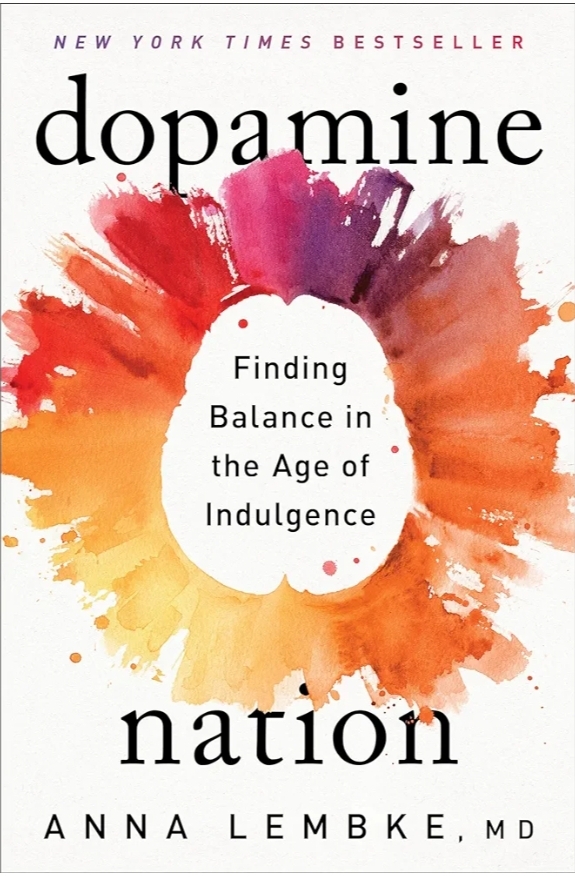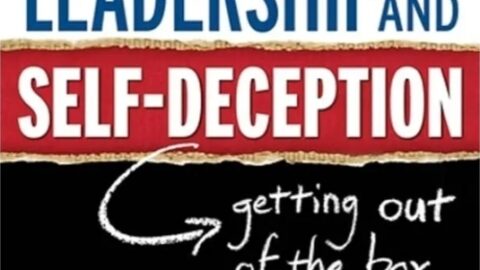“Dopamine Nation: Finding Balance in the Age of Indulgence” by Dr. Anna Lembke explores the modern struggle with addiction and overindulgence, rooted in the brain’s reward system, particularly dopamine, a neurotransmitter responsible for pleasure, motivation, and reward. Dr. Lembke, a psychiatrist and addiction specialist, uses a combination of scientific research, clinical case studies, and personal anecdotes to examine how the pursuit of pleasure in a dopamine-saturated world leads to addiction, anxiety, and unhappiness, and she offers strategies for achieving balance and well-being.
Key Themes and Ideas
- The Dopamine System and Its Role in Addiction
- Dopamine is a neurotransmitter that plays a central role in the brain’s reward system, reinforcing behaviors that provide pleasure or alleviate pain. The book explains how modern life, with its constant access to pleasurable stimuli (like social media, food, drugs, and shopping), overwhelms the dopamine system, leading to addiction and diminished capacity to experience joy.
- Dr. Lembke explains the concept of the “pleasure-pain balance”: the idea that pleasure and pain are processed in overlapping brain regions, and the brain seeks to maintain balance. Overloading the brain with pleasurable experiences tips the balance toward pain, resulting in cravings, withdrawal, and addiction.
- The Age of Overindulgence
- The author describes modern society as a “dopamine nation,” where we are constantly bombarded with opportunities to indulge. She argues that technological advancements, consumer culture, and social norms have made it easier than ever to access instant gratification, creating a culture of overindulgence.
- Overindulgence leads to a “dopamine deficit state,” where the brain’s baseline level of dopamine is reduced. This state makes individuals feel anxious, depressed, and dissatisfied, driving them to seek more dopamine hits, which perpetuates a cycle of addiction and unhappiness.
- The Biology of Addiction
- Lembke provides a detailed explanation of how addiction changes the brain. She discusses how repeated exposure to pleasurable stimuli (like drugs or certain behaviors) leads to downregulation of dopamine receptors, making the brain less sensitive to dopamine and requiring more of the substance or activity to achieve the same effect.
- She illustrates how addiction is not just a psychological or moral failing but a biological disorder that affects the brain’s structure and function.
- Personal Stories and Case Studies
- The book features numerous case studies of individuals struggling with various forms of addiction, from drug and alcohol abuse to more socially acceptable addictions like social media and food. These stories provide a human perspective on the science of addiction and demonstrate how these issues manifest in real life.
- Lembke also shares her personal experiences with overindulgence and how she has learned to manage her own dopamine balance, making the narrative relatable and grounded.
- The Role of Pain in Finding Pleasure
- One of the book’s central arguments is that the key to finding balance is to embrace some degree of discomfort or pain. Lembke suggests that activities that are difficult or cause discomfort (like exercise, meditation, or delaying gratification) can help reset the brain’s pleasure-pain balance.
- She introduces the concept of “self-binding,” where individuals deliberately set limits on their access to pleasurable stimuli to reduce overindulgence and addiction. Examples include abstaining from addictive behaviors, delaying gratification, or setting time limits on activities.
- Strategies for Achieving Balance
- Lembke offers practical strategies for finding balance in a dopamine-saturated world, including:
- Abstinence: Temporarily abstaining from a substance or behavior to reset the brain’s reward system.
- Mindfulness and Awareness: Cultivating awareness of triggers and cravings and developing the ability to pause before acting impulsively.
- Building Meaningful Connections: Engaging in meaningful, real-world activities and relationships that provide long-term satisfaction rather than short-term pleasure.
- Embracing Pain and Discomfort: Actively seeking out and embracing discomfort to build resilience and recalibrate the brain’s pleasure-pain balance.
- Lembke offers practical strategies for finding balance in a dopamine-saturated world, including:
- The Importance of Community and Connection
- Dr. Lembke emphasizes the role of social connection and community in overcoming addiction and finding balance. She argues that isolation exacerbates addiction, while connection with others provides support, accountability, and a sense of purpose that can help individuals break free from destructive patterns.
- Moral Framework and Self-Compassion
- The book argues that addiction often involves moral choices and that recovery requires a commitment to living according to personal values and principles. Lembke encourages readers to cultivate self-compassion, understanding that addiction is a complex disorder and that lapses or relapses are a normal part of the recovery process.
In “Dopamine Nation,” Dr. Anna Lembke paints a picture of a society caught in a cycle of overindulgence and addiction, driven by the constant availability of dopamine-triggering stimuli. She argues that to find balance and happiness, individuals must understand how the brain’s reward system works, embrace discomfort, practice self-discipline, and build meaningful connections with others. The book serves as both a warning about the dangers of overindulgence and a guide for finding a healthier, more balanced way to live in the modern world.








